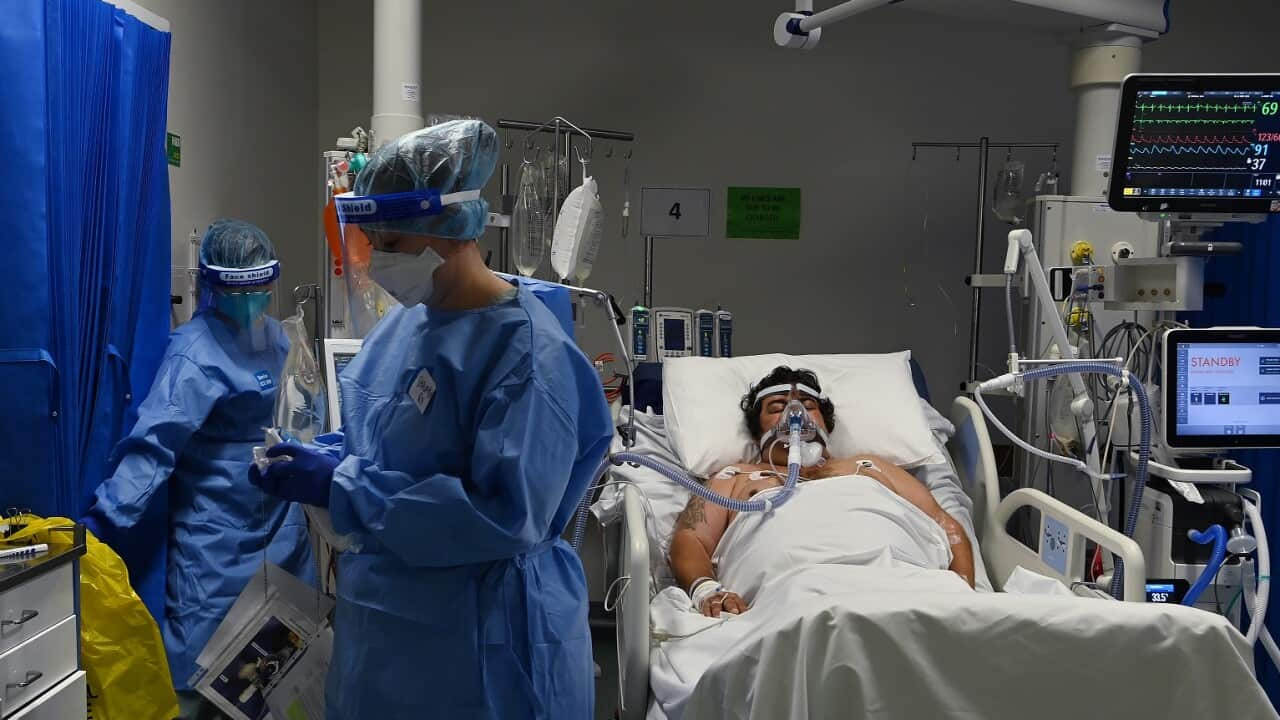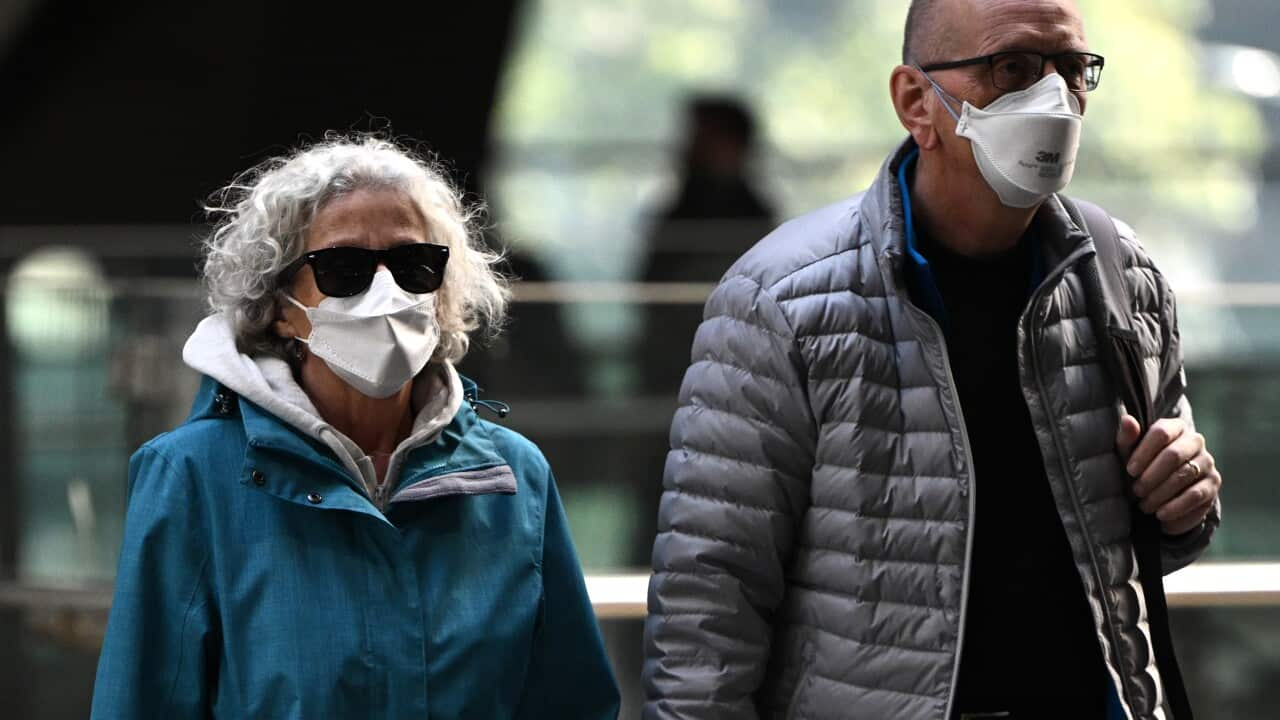Key Points
- A new inquiry will examine the impacts of long COVID.
- The investigation will look at the health, economic and educational impacts.
The House of Representatives health committee will examine the health, economic and educational impacts of long COVID as well as repeated infections.
It is expected the inquiry will also look into how long COVID is affecting groups that face a more significant risk of illness due to their age, health conditions or disability.
The inquiry's chair, Labor MP Mike Freelander, said long COVID was emerging as a significant health issue.
"Currently, we have limited understanding of these issues, and it is hoped that this inquiry will build a picture of the health, educational and economic impacts long COVID and repeated COVID are having," he said.
"The committee wants to draw upon the experience and insights of healthcare service providers supporting patients with long COVID and repeated COVID infections to better understand the impacts on Australia's overall health system."
Long COVID is where symptoms of the virus remain or develop several weeks after the initial infection.
The World Health Organization has estimated between 10 and 20 per cent of people who have contracted COVID-19 will have ongoing symptoms after the initial infection.
Inquiry deputy chair, Liberal MP Melissa McIntosh, said diagnosis and treatment of long COVID would also be a key part of the committee's work.
Submissions will be open to members of the public until November 18.
What is Australia's COVID-19 situation currently?
The number of reported COVID-19 cases in Australia has fallen to the lowest level in more than eight months.
There were 5,841 new infections announced on Sunday.
The last time the nation's daily figure was this low was just before Christmas when there were 5,710 new cases.
There were 53 more fatalities at the weekend, bringing the national death toll to 14,067.
NSW, Victoria and Queensland reported a further eight deaths on Monday morning and, along with Tasmania, more than 5,100 infections.
Meanwhile, South Australia will begin vaccinating children under five with pre-existing health conditions.
Eligible children are those severely immunocompromised, have a disability, or have complex or multiple health conditions that increase the risk of severe illness from the coronavirus.
They will receive a lower paediatric dose of the Moderna vaccine, a quarter of the adult dose.
The vaccination shift comes as the minimum isolation period for cases will be cut from seven days to five from Friday.
The change applies only to people with no symptoms, with workers in high-risk settings such as disability care, aged care and home care also excluded.
Pandemic leave payments will also shorten to reflect the new rules. Masks will also no longer be mandatory on domestic flights from Friday.
The latest 24-hour COVID-19 data:
- Victoria: 1,709 cases, four deaths, 266 in hospital with 14 in ICU
- NSW: 2,341 cases, two deaths, 1706 in hospital with 46 in ICU
- Queensland: 1,008 cases, two deaths, 279 in hospital with eight in ICU
- Tasmania: 101 cases, no deaths, 30 in hospital with one in ICU.




